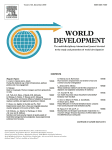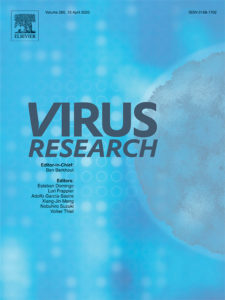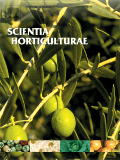This study examined the nutrition and food security impacts of a project that was designed to improve availability of disease-free planting materials of biofortified orange-fleshed sweetpotato (OFSP) in rural Tanzania. Difference-in-difference and matching techniques were employed to estimate causal effects using panel data. Participation in the project increased agronomic and nutritional knowledge of households, raised uptake rate for OFSP varieties, and improved food security status. Effects on nutrition are, however, weak. These results suggest that timely access to quality seeds accompanied by a transfer of skills is important to reduce barriers to adoption of biofortified crops with resulting positive effects on the welfare of rural households. Adequate promotion of both agronomic and nutrition aspects of the technologies may enhance nutrition effects.
Nutrition and food security impacts of quality seeds of biofortified orange-fleshed sweetpotato: Quasi-experimental evidence from Tanzania
Citation: Shikuku, K.M.; Okello, J.J.; Wambugu, S.; Sindi, K.; Low, J.W.; McEwan, M. 2019. Nutrition and food security impacts of quality seeds of biofortified orange-fleshed sweetpotato: Quasi-experimental evidence from Tanzania. World Development. ISSN: 0305-750X. 124, 14 p.
2019-11-27
BIOFORTIFICATION, FOOD SECURITY, NUTRITION, SWEETPOTATO AGRI-FOOD SYSTEMS, SWEETPOTATOES
AFRICA
TANZANIA
journal_article



